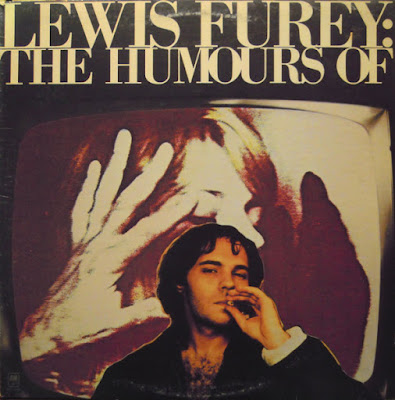"Ork Records: New York, New York" is a crazed pandora's box. Once opened, it's hard to keep that energy contained within its packaging. One of the best thought-out box sets ever in the vinyl world, "Ork Records" exposes the foundation, and how everything changed from the floor and up. The record label had to happen due to the dynamic music being made in New York City in the mid and late 1970s. With respect to Terry Ork and Charles Ball's label, Ork Records, it was ground zero for a literal rebirth of rock n' roll, when rock almost lost its roll. It's a label that attracted brilliant and troubled characters as well as visionary geniuses who used the sonic abilities to capture inspiration as it was being made and processed through the local NYC presses at the time.
Terry Ork sounds like he would make a great Patricia Highsmith character. Gay, with numerous name changes to avoid the law, and an obsessed fascination with the cinema also had a thing about drugs and sleeping with young men. What brings him to our attention is his cultivated taste for great music and the artists who committed themselves to their music. The band that opened up the world of possibilities was Television. It was Television's idea of doing an independent single release of one of their great songs, "Little Johnny Jewel." Both Television members Tom Verlaine and Richard Hell were into poetry and printed their own book of poems, which was not an unusual practice for poets at that time (and still), but in that fashion, why not put out a record in such a manner as printing up a book of poems. Terry Ork helped financed the move, and as a tribute to their manager, they named the label Ork Records. Later with Charles Ball, who had more financial smarts, released a few dozen 45 rpm singles of various bands and artists. This box set is the result of those releases. The tremendous and weird thing about all of this is that there isn't a stinker in any of their releases on Ork Records. Terry and Charles had the touch of genius in choosing their artists.
With Terry (and Charles) being the center of the perfect storm, Ork Records was the springboard for New York City punk and new wave music at the time. Television release of their single, brought Richard Hell's first record, and which meant Hell's guitarist Robert Quine making a record with rock writer legend Lester Bangs recording, which drew on Television's Richard Lloyd recordings, which got Chris Stamey, which led to Alex Chilton and so forth. Ork was the head engine struggling to get over the steep hill, and they were carrying all these great musicians in their train compartments.
"Ork Records" is a work of perfection. The box set consists of four vinyl LP's and a hardcover book. The book alone is worth the price of the whole package, but the music is exceptional. As a teenager in Los Angeles, I have found New York as this mystical land where great things happen. When I hunted down the original Ork Records singles, such as the Hell and Television recordings, it was like getting a message from another part of the world. I got the same feeling when I purchased the Chris Stamey recordings as well - his Ork release as well as music from his own label, Car Records. It was an extraordinary world at the time, and re-listening to these recordings on this box set does not disappoint. They were indeed excellent recordings of their time, and they still kick ass. It's great to hear the Alex Chilton records in the context of this box set, because it's part of the narrative and it's essential that it is part of the story or Ork and the others who were involved in this world.
By however anyone looks at this package, it's essential for those who will study NYC cultural history of the 70s. For instance, if you are studying the arts such as conceptual art, painting, and especially poetry, you must have the Ork Records box set. It's part of the puzzle or piece that when you look at it, the story becomes more evident. It shows how a group of individuals can make marginal music (due to the financial and structional cultural world of its time) and how in its weird way is sort of the mirror image of Diaghilev and his Ballets Russes.


















